LATEST INSIGHTS
Your Present Location: LATEST INSIGHTS-
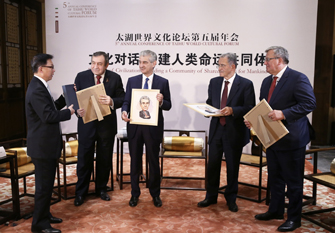
Insights given on building community with shared future for mankind
Editor's Note: On the sidelines of the Taihu World Cultural Forum in Beijing last week, China Daily's Publisher and Editor-in-Chief Zhou Shuchun hosted a cultural dialogue between prominent international political figures at the Palace Museum. They discussed global challenges and shared their views and insights about possible solutions.
2018-10-23 -
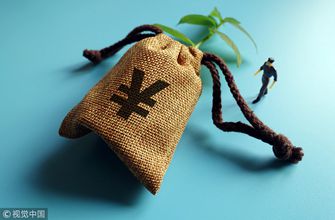
US, China sign MOU on green finance
In a news release posted on its website, the Paulson Institute said the agreement prioritizes four areas of focus to help advance China's transition to a low carbon economy: conducting policy research on the G20 sustainable development; exploring innovative financial instruments and products and developing pilot projects in key areas of China's green finance development; building capacity with a focus on green finance knowledge sharing and dissemination of best practices for officials, regulator
2018-10-22 -
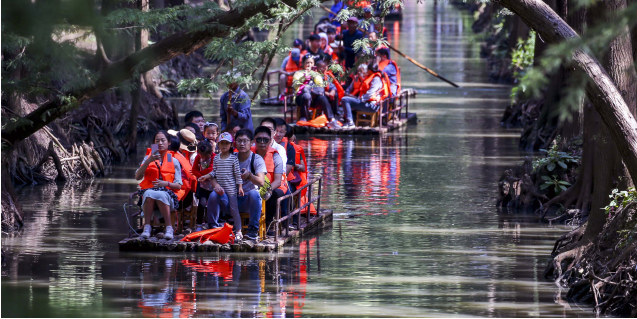
Golden Week becomes a yardstick of upgraded consumption
Liu Han used to carry delicacies to eat when she went home in the northwestern province of Qinghai during the National Day holiday week from October 1 to 7. But this year, she had a surprise for her parents. "I bought three electric toothbrushes costing around 600 yuan ($87) for them and myself," the middle school teacher working in Beijing said. "They had never used such a gizmo before but soon found it useful."
2018-10-22 -
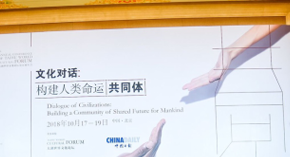
History provides guide for relations
Chinese, European and African history long ago traced the characteristics of a new type of international relations, experts said during the fifth annual conference of the Taihu World Cultural Forum in Beijing.
2018-10-22 -
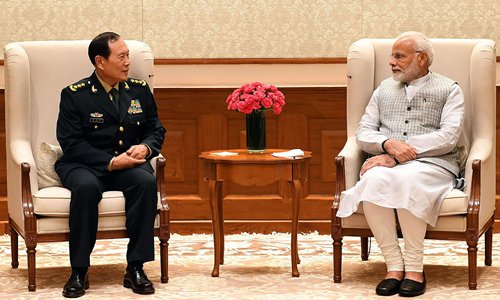
China-India program helps to build trust
China and India are working together on a program to train Afghani diplomats, a move Chinese experts said on Tuesday that could have the corollary effect of enhancing diplomatic ties and mutual trust between the world's most populous nations.
2018-10-19 -
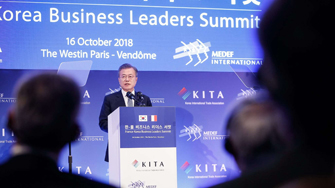
Guan Zhaoyu: Moon's visit to Europe brings new hope to denuclearization
On October 13, Republic of Korea (ROK) President Moon Jae-in flew to the French capital Paris for a nine-day trip to Europe, which includes visits to France, Italy, the Vatican, Belgium, and Denmark.
2018-10-19 -

US departure from UN postal union latest example of unilateralism
The US has started the process of withdrawing from a 144-year-old international postal body, a move that experts said is the latest example of short-sighted and narrow-minded unilateralism by the US, and a typical case of bullying to override the interests of the international community.
2018-10-19 -
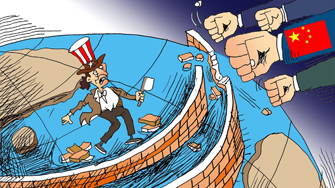
Wang Peng: What the new CFIUS regulation in the US means for China
Last Wednesday, the Trump administration set a new regulation where investors in 27 industries would face tougher scrutiny as an inter-agency panel led by the US Treasury Department, which begins tightening foreign investment rules as part of a pilot program.
2018-10-19 -
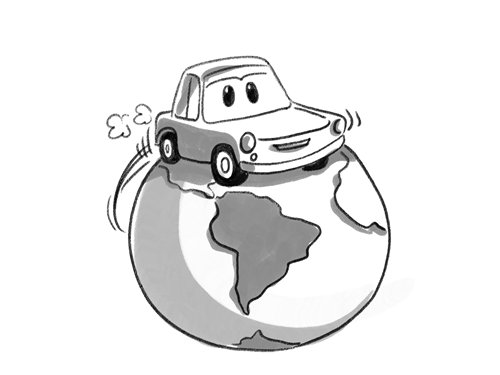
Ding Gang: BYD’s foray into Mexico just the beginning
OXXO, a chain of convenience stores, can be seen everywhere on the streets of Mexico City. Mini-vans, with OXXO logos on them, shuttling on the streets and delivering goods, have become an eye-catching sight in the city. It won't take long for people to see Chinese automaker BYD Auto's electric cars join the fleet.
2018-10-18 -
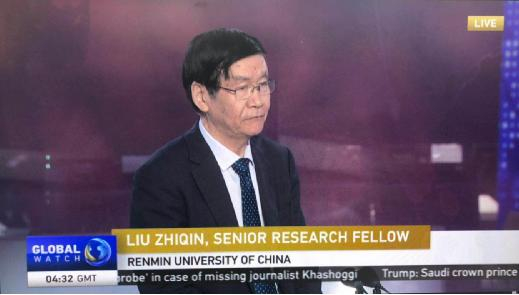
UN monitor: China becomes top recipient of foreign direct investment
China has become the world's largest recipient of foreign direct investment in the first half of 2018, said the latest investment trends report published by the United Nations Conference on Trade and Development.
2018-10-18 -
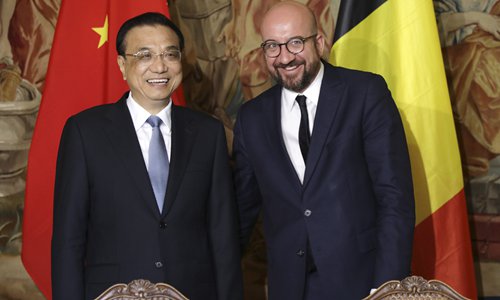
Premier Li in Brussels to consolidate trade ties
As victims of US unilateralism, both China and the EU must continue to expand areas of cooperation, Chinese experts said, reiterating a message delivered by Chinese Premier Li Keqiang on Wednesday during his visit to Europe to consolidate mutually beneficial trade ties.
2018-10-18 -
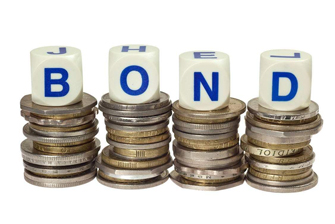
Wang Yanhang: Dollar bonds show confidence in Chinese economy
On Thursday, China successfully issued $3 billion in sovereign dollar bonds, attracting the attention of the international financial market.
2018-10-17 -
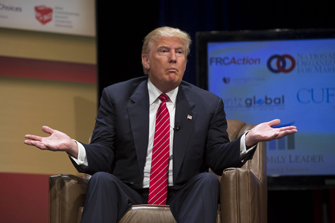
William Jones: Growing China Bias Makes The Truth Hard To Find
Recent allegations raised by a lengthy Bloomberg article on October 4 claimed that intricate spyware had been placed on equipment utilized by Apple and Amazon by PLA hackers and had been distributed by them to 30 different U.S. companies, including the U.S. Government thus jeopardizing their cybersecurity. The story was said to be based on “extensive interviews with government and corporate sources”, although no names were mentioned.
2018-10-16 -
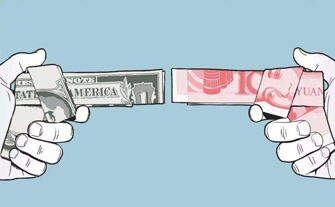
US policies, derogatory speeches seek to curb China’s rejuvenation
By treating China as a grave threat the US is attempting to dilute China's rising influence in the globe and curb the rejuvenation of the Chinese nation, Chinese experts said on Friday following a series of spurious and aggressive rhetorical attacks made by top US officials against China in recent weeks.
2018-10-15 -
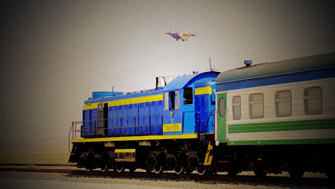
Uzbek-Afghan railway to put 'China-India Plus' plan on track
A key rail link extension project connecting Uzbekistan and Afghanistan could see collaboration between Beijing and New Delhi in what could be demonstrative of the "China-India Plus" model which was recently proposed by Beijing enabling the two Asian giants to cooperate in development and connectivity projects in other countries.
2018-10-15 -
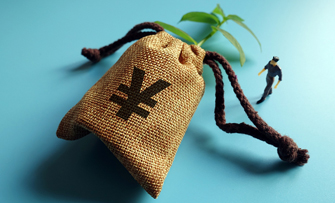
Ma Jun: China should lower risk weight for green assets
With stringent green credit standards and a lower green loan default rate since 2013, China should be the first country to consider lowering the risk weight for green assets, according to a member with the monetary policy committee of China's central bank.
2018-10-15 -
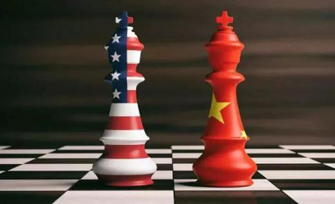
Ding Gang: Despite rivalry, much unites China and US
On my flight from Beijing to Los Angeles, I watched US Vice President Mike Pence's speech on China policy and felt a chill that reminded me of the Cold War. But when I walked out of the airport, a tender breeze alleviated that uneasy feeling.
2018-10-11 -
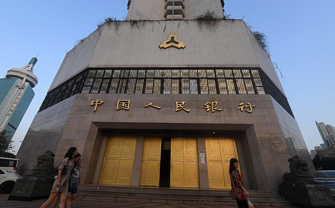
China's central bank cuts reserves to stabilize market for further growth
With its fourth cut of the reserve requirement ratio (RRR) by 100 basis points (bp) starting October 15, China’s central bank is believed to be focusing on internal stability and for stable growth while supporting market confidence, experts said.
2018-10-11 -
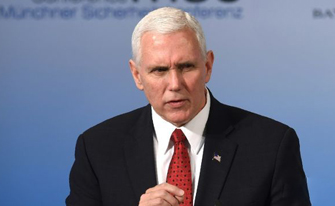
Chen Dingding: 3 Types of Chinese Reactions to Mike Pence’s China Speech
Last week at the Hudson Institute in Washington, D.C., U.S. Vice President Mike Pence delivered the Trump administration’s first major policy speech on China. The speech was highly anticipated in both the United States and China because of its significance and the context in which it was delivered. Indeed, the Trump administration, since it took over in January 2017, has been criticized (rightly) for lacking a coherent China policy or even any China policy.
2018-10-10 -
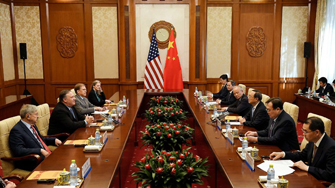
Zhao Minghao: Washington is underestimating East Asian geopolitics
US Secretary of State Mike Pompeo's Asia trip was aimed at promoting the denuclearization of the Korean Peninsula. He conducted a short "shuttle diplomacy" in Japan, the Democratic People's Republic of Korea (DPRK), the Republic of Korea (ROK) and China. Moreover, the trip took place against the background of rising tensions between China and the US. At a time when Washington seems to want to add pressure on Beijing, whether it can continue to cooperate with the Chinese authorities on the DPRK n
2018-10-10
























































































 京公网安备 11010802037854号
京公网安备 11010802037854号





